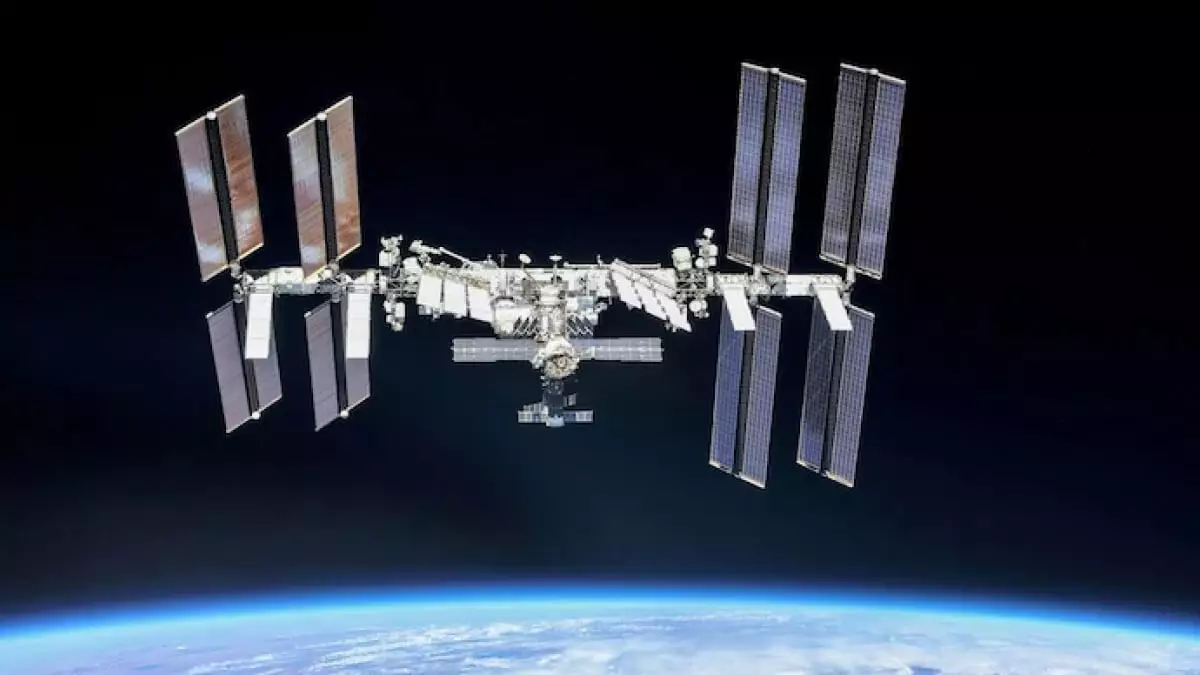On November 23, an unforeseen situation unfolded aboard the International Space Station (ISS) when crew members reported a strange smell while accessing the Russian Progress MS-29 cargo spacecraft. This event triggered an immediate response, highlighting the rigorous safety measures that govern operations in low Earth orbit. Upon discovering the unexpected scent—which one astronaut likened to spray paint—the crew quickly initiated decontamination protocols to ensure both their safety and the integrity of the space environment.
NASA and Roscosmos swiftly mobilized their air-purification systems to counteract the potential risks associated with the unknown odour. The American segment activated its Trace Contaminant Control Subassembly (TCCS) and implemented additional filtration systems in the Russian module. Such robust measures underline how critically both organizations treat air quality on the ISS. Meanwhile, the crew was instructed to wear personal protective equipment (PPE), a standard procedure designed to mitigate exposure to any airborne contaminants. As sensors monitored the air continuously, officials provided updates, reassuring that by the following day, conditions had normalized.
The incident poignantly illustrates the necessity of stringent safety protocols in space operations. Spacecraft, particularly those carrying supplies and fuel, are subject to a myriad of potential hazards, including contamination. The ISS is a confined environment where air quality directly impacts the well-being of astronauts. The quick action taken following the smell’s detection exemplifies the crew’s training and their adherence to safety protocols. It also reflects a broader commitment by both agencies to prioritize astronaut health above all else.
The Progress MS-29 mission had initially launched from the Baikonur Cosmodrome on November 21, carrying vital supplies such as food and fuel necessary for ongoing ISS operations. Scheduled to remain docked for six months, the spacecraft will eventually facilitate the return of waste materials back to Earth. Despite encountering this unusual event, the operations on the ISS continued smoothly as planned, devoid of interruptions, thanks to effective contingency strategies.
While the investigation into the source of the odour is ongoing, officials from NASA and Roscosmos have affirmed there are no lingering safety concerns for the crew aboard the ISS. The incident sheds light on how even minor irregularities can prompt major responses in a high-stakes environment like space. Moving forward, enhanced preventive measures may be implemented based on the findings of the investigation. This episode serves as a reminder that in space exploration, vigilance and preparedness are paramount to safeguarding human life in the cosmos.

Leave a Reply